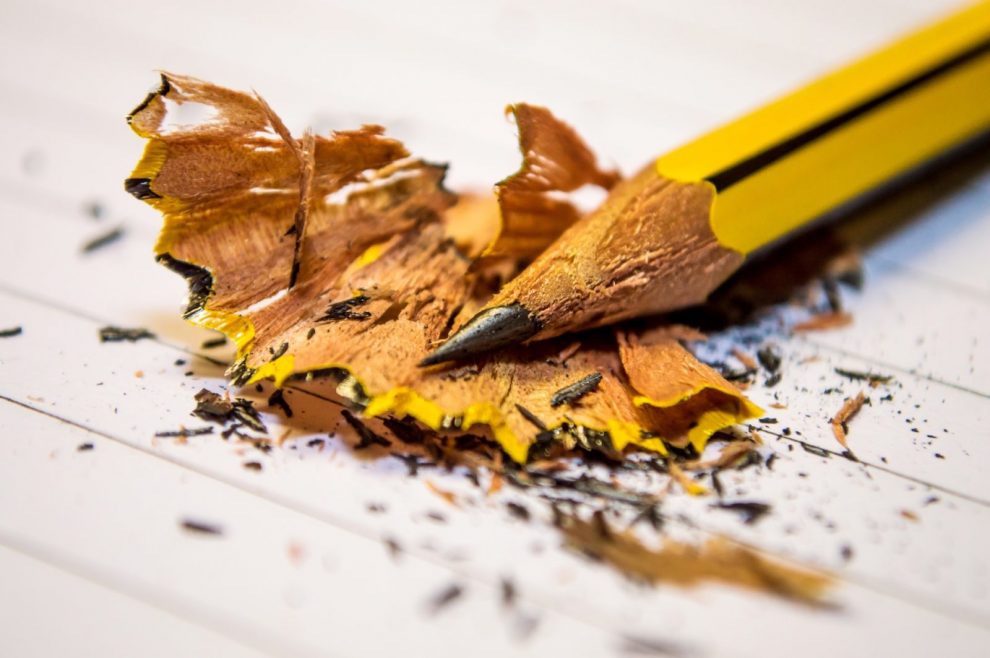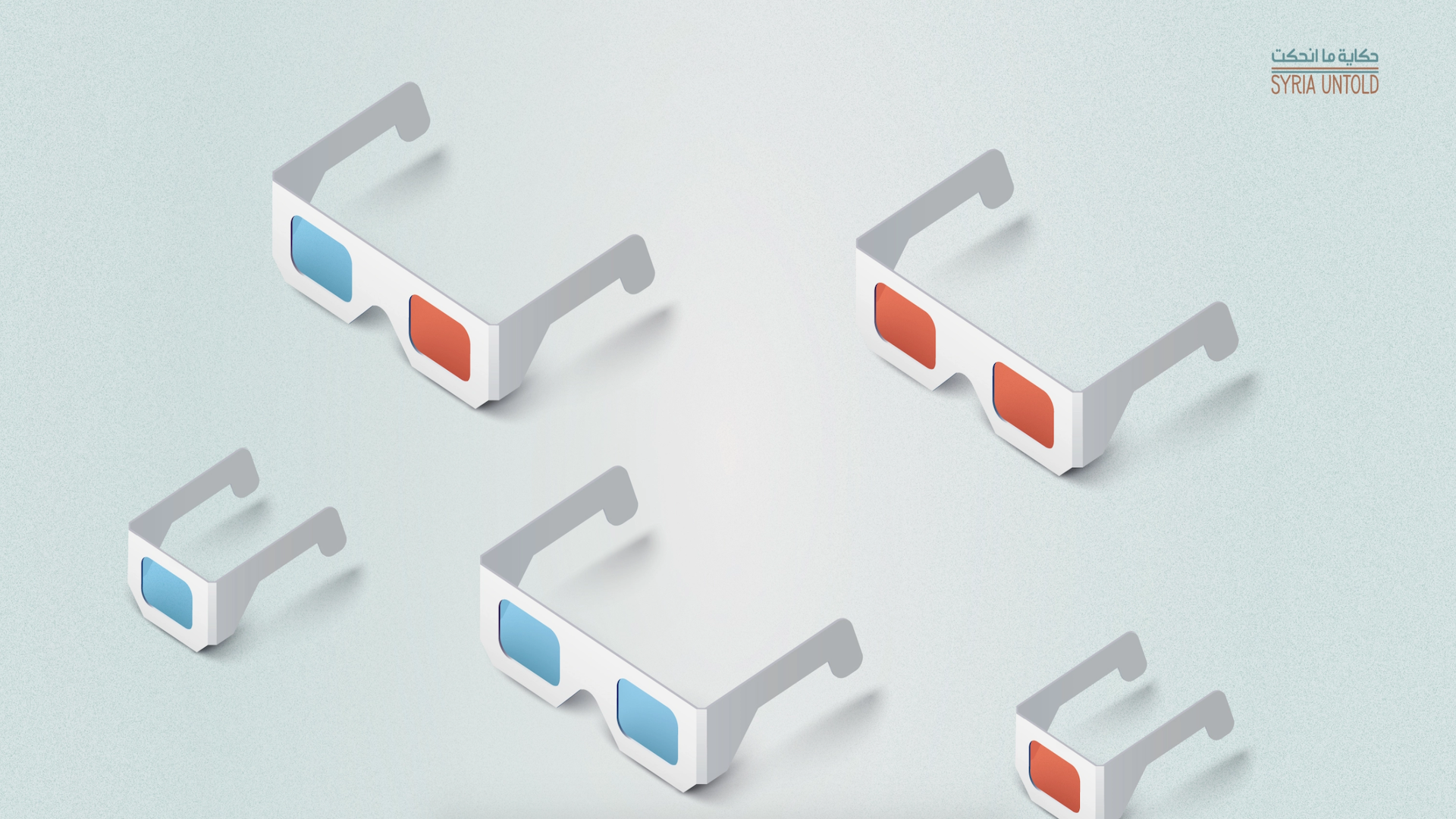This article is part of a dossier in partnership between SyriaUntold and openDemocracy's North Africa, West Asia page, exploring the emerging post-2011 Syrian cinema; its politics, production challenges, censorship, viewership, and where it may be heading next.
For decades, cinema in Syria was subjected to particularly harsh censorship by the Assad regime. The Soviet-influenced ideological compass of the Ba’ath Party strongly believed in the power of cinema to shape and ignite hearts and minds, to its own detriment.
Filmmaking was restricted to official productions from the National Film Organisation, which produced no more than two films per year, commissioned to a handful of regime aficionados operating under strict regime censorship and ideological agendas.
Even foreign films screened in theatres inside Syria were heavily censored and most "western" or Hollywood films were not allowed into theatres, with the sole exception of the five-star Al-Cham Hotel’s theatre in the commercial center of the capital, in the 1990s.
The 2011 uprising provided a catalyst for independent voices to speak out and break from the limitations on film production imposed by the regime, thanks to affordable technology, global interest and overwhelmingly strong subject matter.
Most of these emerging filmmakers resorted to documentary films, partly due to their lower production budgets, but also due to the market demands of the news industry, and the almost instinctual need to document what they witnessed.
Feature-length fiction films remained predominantly pro-establishment, in line with the regime narrative. Although a few attempts at short fictions were made by young and independent filmmakers, shooting in extreme and precarious conditions. However, not many harnessed the same International acclaim as did their documentary counterparts.
The year 2018 witnessed the first ever Oscar nomination for a Syrian film, helping Feras Fayyad’s documentary film “Last Men in Aleppo" break out of the more elite festival realms within Europe and into globally accessible platforms such as Netflix. Last year, Talal Derki's "Of Fathers and Sons"—another documentary about the family of a hardline Islamist militant in northern Syria—followed suit, and was also nominated for an Oscar. Waad al-Khatib's "For Sama,” which tells the story of the fall of Aleppo from a young mother's perspective, has won over 25 international awards so far since its release earlier last year—and also made it to this year’s Oscar nominations.
Despite what many call a global news fatigue with Syria, powerful films continue to emerge.
The Syria Untold team, along with our partners at openDemocracy, have had passionate discussions about the current status of Syrian cinema today, which resulted in this autumn’s long dossier on emerging Syrian cinema: its politics, its production challenges, its censorships, its viewerships, and where it may be heading next. One such discussion we attended in the previous edition of the International Documentary Film Festival of Amsterdam (IDFA), during which a few Syrian and Syria-related films were screened, took place between Syrian filmmakers Dalia al-Kury (Privacy of Wounds), Iyad alJaroud (The Greatest Sacrifice) and Layla Abyad (Letters to S.), who discussed the current status of Syrian cinema and some of the main challenges they themselves face in their work.
Exhausted audience?
Dalia: I come to IDFA and send a message to some Syrian friends suggesting we watch one of the Syrian films in the festival, but they are often reluctant and prefer to watch a foreign film about an issue they are less familiar with. So when we talk about the difficulties that an average Syrian encounters in accessing Syrian films, I have to ask: Do Syrians want to watch their own stories?
Eyad: During my work covering violent and painful events in Syria, I would question the purpose of documenting the violence, then screening it back to its victims once again. Wasn’t it enough to endure it? Why do we recycle the pain?
Dalia: But people want their stories to be told. They want to feel they have not been forgotten or forsaken and that someone out there is trying to tell the world about them and make sure they are not forgotten.
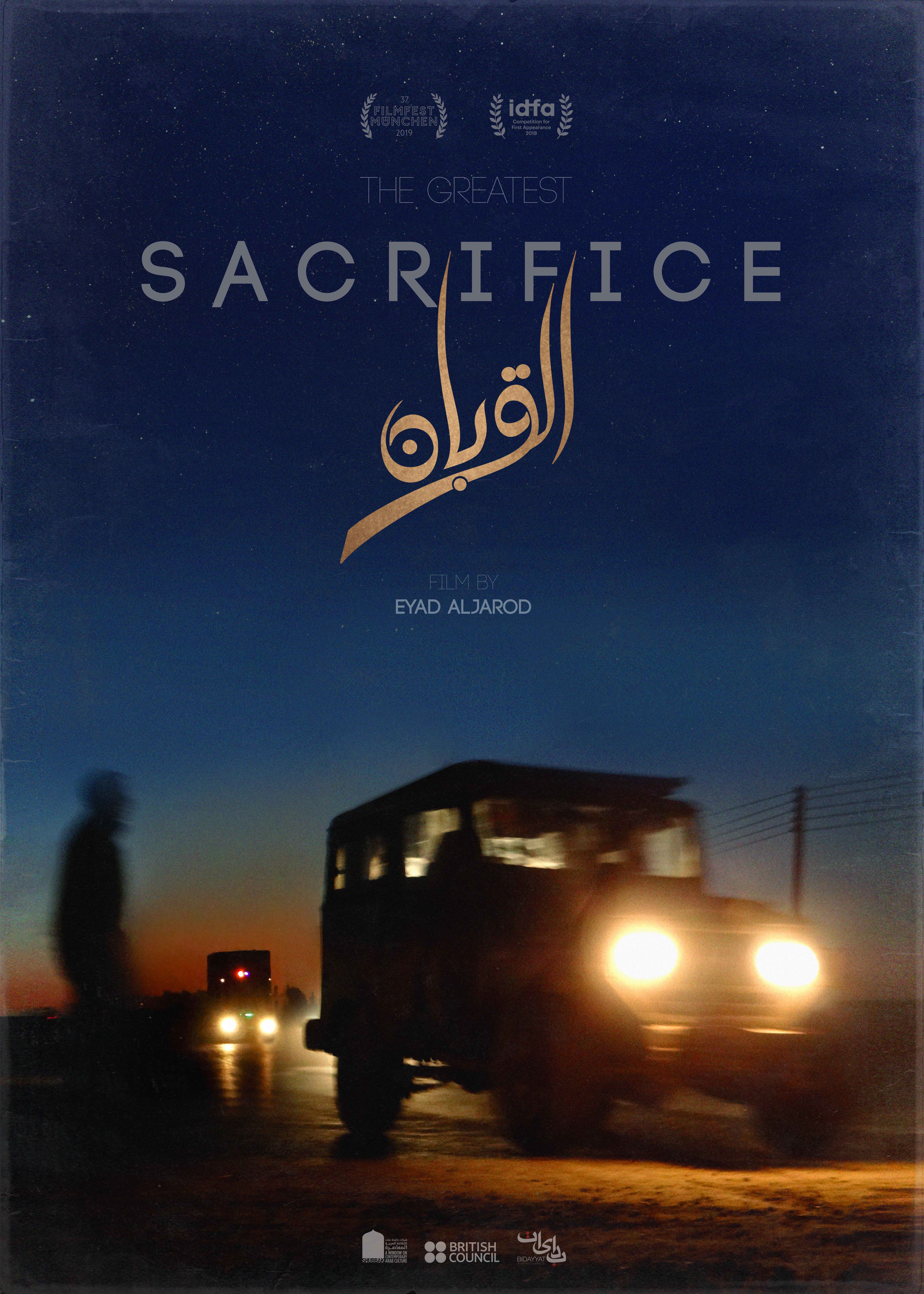
Eyad: I know, but it varies in my opinion based on the subject matter. These stories, these messages need to be sent out to someone else, to another group in another place. I don’t make films to change the world anymore, I don’t believe in that. Cinema is not going to change the minds of big politicians and decision-makers, they already have all the facts. But in my work I reach out to another human group, I try to interpret our stories and bring them closer to others by creating linkages and comparisons with similar events in their communities or history, so they can better relate on a human level. I also make films as a counter-rhetoric to the mainstream media coverage of our events, to make sure we write our own history and tell our stories.
Dalia: I don’t make films because I think they will create change in the world either, nor do I have any specific geographic group of audience in mind when I make them. I make films because I am intrigued by a specific human condition, and want to inspect it cinematically through the film medium. If the end film is good, it will communicate itself to whatever audience watches it.
In my latest film about [former] Syrian political detainees, I didn’t choose to make it because they are Syrians, I happen to be from the region so it’s very often my subject matter. I made the film because I am intrigued by how humans survive such trauma. There were some culture specific jokes and satire, one could say they might be hard for a foreign audience to understand, but I wasn’t going to take them out. Humour is a very important tool that humans use to survive their traumas and deal with them.
However, after the draft film was ready I screened it to a group of friends—one of them was Syrian—and they advised me not to include so much humour in the film because it could feel offensive to, say, the mother of someone who died under torture, to joke about political detentions. It was certainly not my aim to offend anyone, so I took out some of the jokes, but kept others. Humour is a fact of this human condition, and in the end, it is the [former] prisoners themselves joking about their own experience, not me. But I’m glad I had this test screening. It’s important to stay in touch with the communities you are talking about in your films.
Layla: Exactly! To me the lack of feedback, from the community itself, is a problem—but also the films not reaching them further complicates my work. Like you said, Dalia, people want their stories to be told. This was very clear and simple in Syria in 2011, in some areas all we had to do is show up with our cameras and people would rush to tell us their stories, or show us a bombed building, or take us to meet someone who was injured, etc. It was overwhelming. As time passed and they started to feel the world had already learned what was happening, but not helped much, in 2012 they started to be more reluctant to speak in front of the camera, especially with the threats on their lives if the regime caught them after it’s broadcast. As they lost hope in anyone in the world helping them stop the regime once they learned what it was doing, they lost faith in the role of media altogether, and in 2013, even local videographers would struggle to film mere buildings shelled by the regime in their own villages, because locals would not want them to post the documentation on YouTube, as a result of the regime using collective punishment and bombing against the villages that publish news about their plight. This made the camera a a target on two fronts, first by the regime and then by the very people whose stories you are trying to tell. Still, when a film is screened in a big festival abroad, Syrians would be enthusiastic, happy to see their stories on the big screen, and asking why the film didn’t also mention this or that. But when you lift up the camera and try to shoot it, no one wants to take the risk to be filmed.
The disrupted cycle
Dalia: So how do you guys deal now with the disinterest in producing Syrian stories nowadays?
I have an idea for a new film that was inspired by the experience of exile that a Syrian man I know is enduring, but I'm reluctant to cast him as the main character. In the end what he’s going through in his exile is shared by all other foreigners in the same country. If you’re Polish or Yemeni, the experience is the same.
Eyad: Was there a lot of interest before?
Layla: In 2011-2013, yes. But we deal with it because we have to. Our work was already very hard in every other aspect of the production.
Eyad: I didn’t really know of many funding sources back in those days. I shot two films between 2011-2013, it took five more years to finish the second one and screen it now!
Like I said, I make films as historic documents, to release myself from the burden of the witness. I was a math teacher before it all started—a cinema fan, but I had no previous training or experience in filmmaking. When the revolution started, I participated in demonstrations and graffiti writing and so on, and since I had a camera, I would document randomly what we were doing. As time passed and we realised how long this is going to last, not a matter of weeks or months, activities became more organised, everything in life around us changed so quickly; our friends, social dynamics, debates and interests, work, even the streets and city where we lived changed. I realised a mere Facebook page with photos on it wasn’t going to communicate this. This needed cinema.
Dalia: I know this is what fascinates me most about the stories from Syria. You guys went through so much change, so fast, from complete silence to so much self-discovery and voices and experiences, it’s almost like [being a teenager], all the emotions and revelations…
Eyad: Yes, it’s a very rich experience, of course, but I knew nothing of cinematic production, funds, distribution networks, etc. I did most of the work myself and barely got a grant or two to pay for some technical expenses. When my first film was finished, I sent it to a colleague I knew had some media connections to see if I can broadcast it somewhere, but my colleague only got back to me about it when the film finally made it to its first festival screening!
Even though today, most directors know each other more or less or have shared contacts, we still don’t function as a cinema community that is the first filter of production to select and promote each other’s work. I have to go to international festivals, get recognised abroad first, then I get a chance to screen [on] a pan-Arab TV station. I have no producer and own all the rights to my films, I could just put it on YouTube, but then only a few of my friends would watch it.
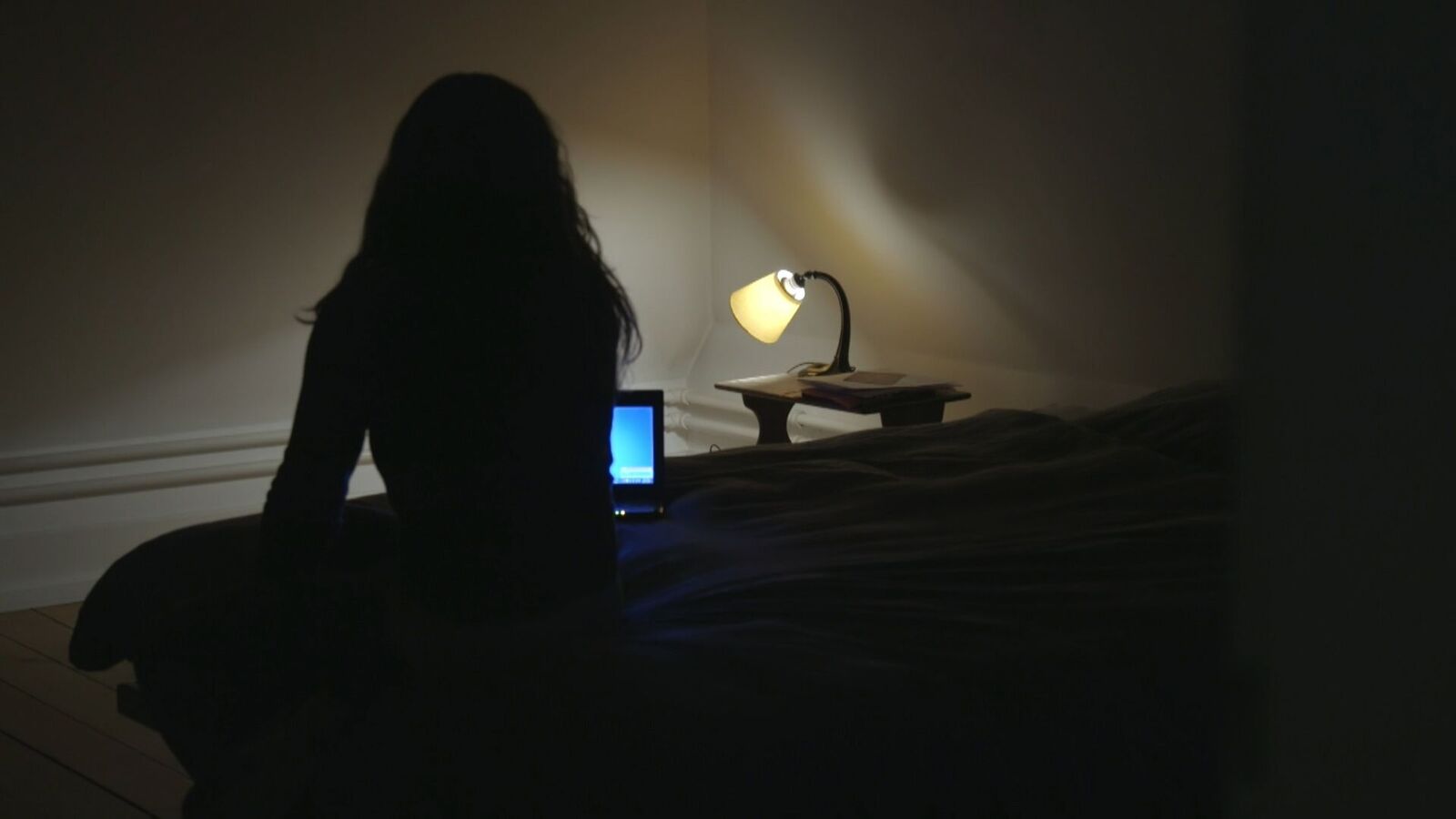
Dalia: That’s the problem with documentary films all over the world, it always has been. It’s normal there is competition between filmmakers. At least you got to screen it on TV.
Layla: But coming back from festivals to TV in the Arab world could also help you negotiate their censorship.
Dalia: …and that’s actually the ideal scenario! Most Arab TV stations don’t care if you have international awards or not. If they don’t want to promote the ideas in your film, they won’t screen it.
Layla: True, they’re not viewer-oriented. Their funding is political and they serve as loudspeakers to their funders; they don’t care what their audience wants to watch, their viewership or even their advertisers.
Dalia: In any case, screening on TV is preaching to the preached. If someone disagrees with your political stance they are not going to watch it even if it’s on TV.
Layla: Yeah, but even those who agree with you aren't getting a chance to watch it!
For me I try to follow festivals to stay updated on what other Syrian filmmakers are producing. It’s [a relief] when I find someone else has covered one of the topics digging in my head. I feel I relax a bit and narrow my focus more on my work.
Dalia: But don’t you feel like: ‘Oh, they took the idea! Now I can’t do it’?
Layla: Absolutely not! There are so many stories to tell, so much that is still unheard, so much happening you don’t even know where to start.
Eyad: It’s like a puzzle: I’ve contributed my two pieces and I look around and see who’s put in a third and a fourth, and so on.
Dalia: Yeah, but you’re not the average filmmaker. I don’t have 20 films in my head all the time!
Layla: The lack of local funding, the need to always work abroad through funds or festivals or distributors, is very limiting to the subject matter we can choose to cover. Because everyone has their own audience in mind. What is interesting for Syrians to watch about Syria is not the same as what interests foreigners. I don’t care to make films only about who attacked what, how this city was besieged or how the other one was emptied. I don’t make films of headlines. So my subject matter is very limited by this exiled nature of the production/distribution. Like you said, Eyad, there had been so much change happening in life all around us so fast, we still haven’t caught up with it yet. What interests me now is to follow that and show it back to Syrians so we can confront it collectively and open a debate about it. But this is often viewed as too local or too detailed on a global platform.
What is interesting for Syrians to watch about Syria is not the same as what interests foreigners.
Eyad: I don’t make war news films either, and I do have stories I want to tell to a global audience, so that’s not always a concern for me. Of course there are some topics you feel need to be addressed locally and quickly amongst Syrians, but I can make a YouTube video for those stories, it’s more appropriate. I was not part of the global cinema system to begin with. Most of the funding opportunities around me were either from International organisations that had nothing to do with media but had a small budget for communication, and thus the fund was limited to a specific subject matter and stayed outside the cinema realms, or it was from news agencies and channels, so more TV and headlines.
The price paid
Layla: We never had a cinema school in Syria and a lot of filmmakers started the way you did.
Eyad. This led to documentary filmmaking being too closely intertwined with audiovisual news work. The people that work in both, the tools and cameras and logistics and contacts, the networks for funding and distribution. This heavily affected what was being covered.
Eyad: Many of the young media activists in my town got a camera only through a news agency and were only allowed to use it to cover the type of events they could sell back to those institutions as news items. Agencies were only interested in war, destruction and death. Life—all of life—and the huge upheaval that was happening in every aspect of it, [that] was left undocumented! This brings me to an even bigger problem.
The Syrian archive! [Because] some guys sold the footage they took over the years by the kilo to some news agencies or TV stations!
Dalia: Kilobyte?
Layla: No, kilogram!
Eyad: They were paid by the weight of the hard disks the footage was on! There were Arab TV stations that bought an immense amount of footage and only made a simple reportage from it all, but kept all the rest through exclusive ownership contracts. Those stations now own a huge chunk of our history, documenting what was happening, owning the evidence of how certain fractions were behaving. They can rewrite history however they like now, make someone look like a terrorist or another look moderate, according to their own agendas.
Agencies were only interested in war, destruction and death. Life—all of life—and the huge upheaval that was happening in every aspect of it, [that] was left undocumented!
Layla: It started way before the archive. Even if you owned your own camera, access to film in public places could be controlled by the funders that gave weapons to this or that group. Any little armed faction would cut the roads with a checkpoint and decide who films in the area they control. I remember late in 2012 in Aleppo, we were not allowed into the Old City because we had our cameras. They requested we get a shooting permit from the office of I-don’t-know-who. They worked under fake names of course—you didn’t know who was funding them for what agenda—and they would only allow you to film even your own city streets if your narrative is to promote them or their version of the story. It was a very complicated task to negotiate an independent positioning in all of this. The funder’s censorship started on the street, in the filming stage, through weapons, before it reached the TV station screening/archive agendas.
Dalia: Of course, it’s a war!
Eyad: But the war also imposed another challenge for me, the question: Where do I stop filming? There was so much chaos, so many fast changes all around us it was impossible to write a normal film script and stick to it. You risk losing any element of your films at any moment: your camera, your footage, your characters, your access to all of that. In my first film, I thought the end would be once the regime falls and I see how the characters continued their lives afterwards. That didn’t happen, my main character decided to stop the work he was doing, and I adapted. In my second film, the main character died briefly after we started shooting, so I had to switch focus on a character I cherished for the life he was enduring, not his death. But even that didn’t work out, so after I thought I had finished the shoot and left the area, I had to request footage shot by others that were still there to re-adapt to the changes in the story.
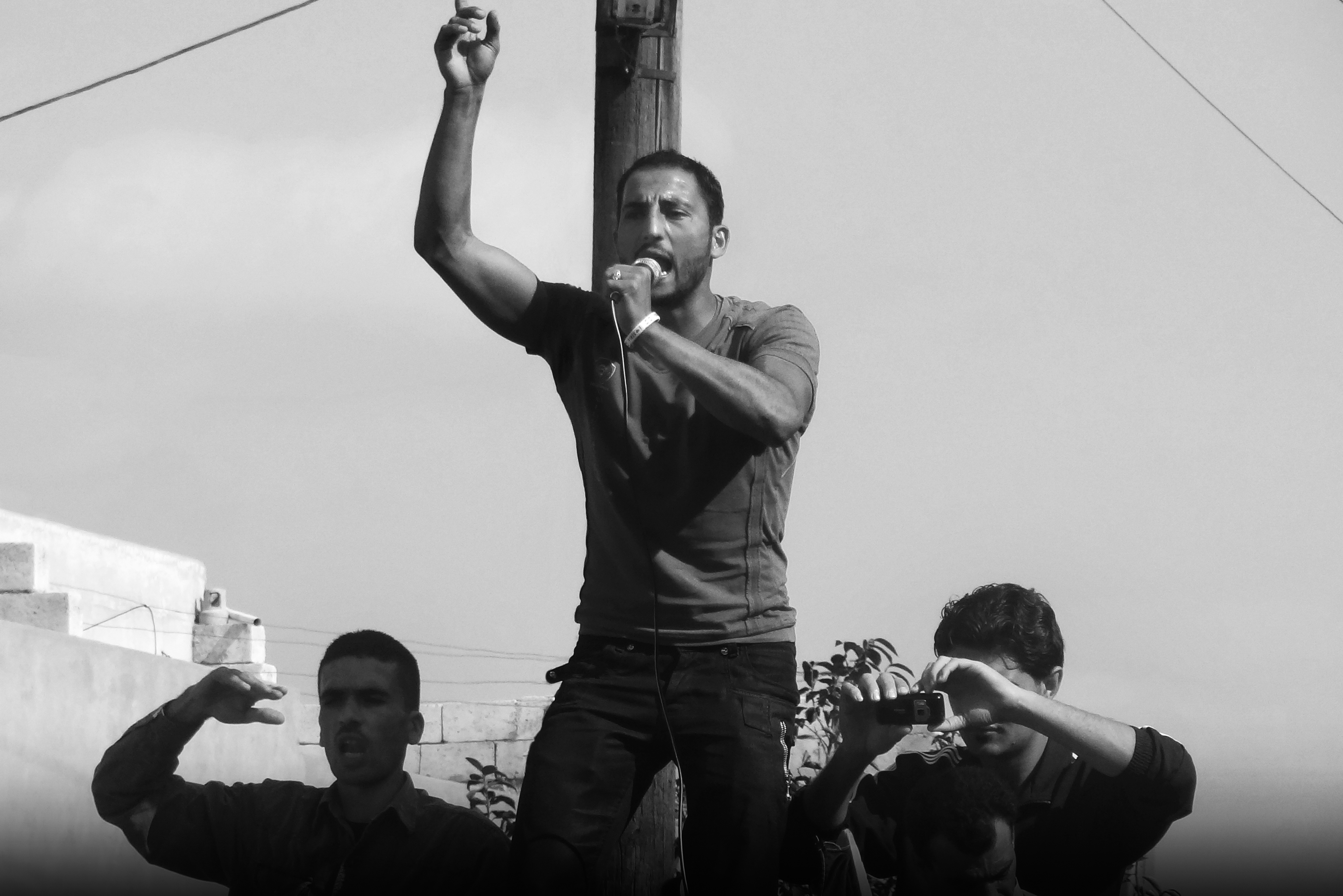
Dalia: This is so hard, I’ve watched friends literally get sick making their films about Syria. It was so emotionally and mentally exhausting.
Eyad: Before 2011, I had never seen a dead body in my life. Owning a camera, I went out documenting everything: the shelling, battles, field hospitals, corpses…I had to adapt.
The funder’s censorship started on the street, in the filming stage, through weapons, before it reached the TV station screening/archive agendas.
After, I left to Turkey. You try to go back to the person you were before. They say it gets easier with time and you get used to it. It was the opposite for me, it was even harder to go back and watch my footage. The editing process was so difficult and painful. I would put all my hard disks next to the computer on the desk and stare at them.
Layla: I was actually surprised when I watched some of my footage for the first time! Like, I've never seen it before. Apart from the sky-rocketing adrenaline, the camera for me worked as a shield, you try to lose yourself to the technical details: ‘Am I pulling focus precisely enough? What light changed? And how’s my white balance?’ You keep an eye outside your frame to be ready to follow any motion entering into the scene—all of that creates an emotional bubble that protects you at the time, and you only realise what was happening around you when you go back to watching the footage later.
I remember one time I spent half the day chasing around the city for different angles, trying to film the sniper who was cutting off a main road in Homs. We gave up catching him from another building and decided to risk shooting from the street. I was so focused on holding the camera still with the extra zoom I was using, that I didn’t turn to film the shot that landed right behind me from the other sniper on the opposite end of the road!
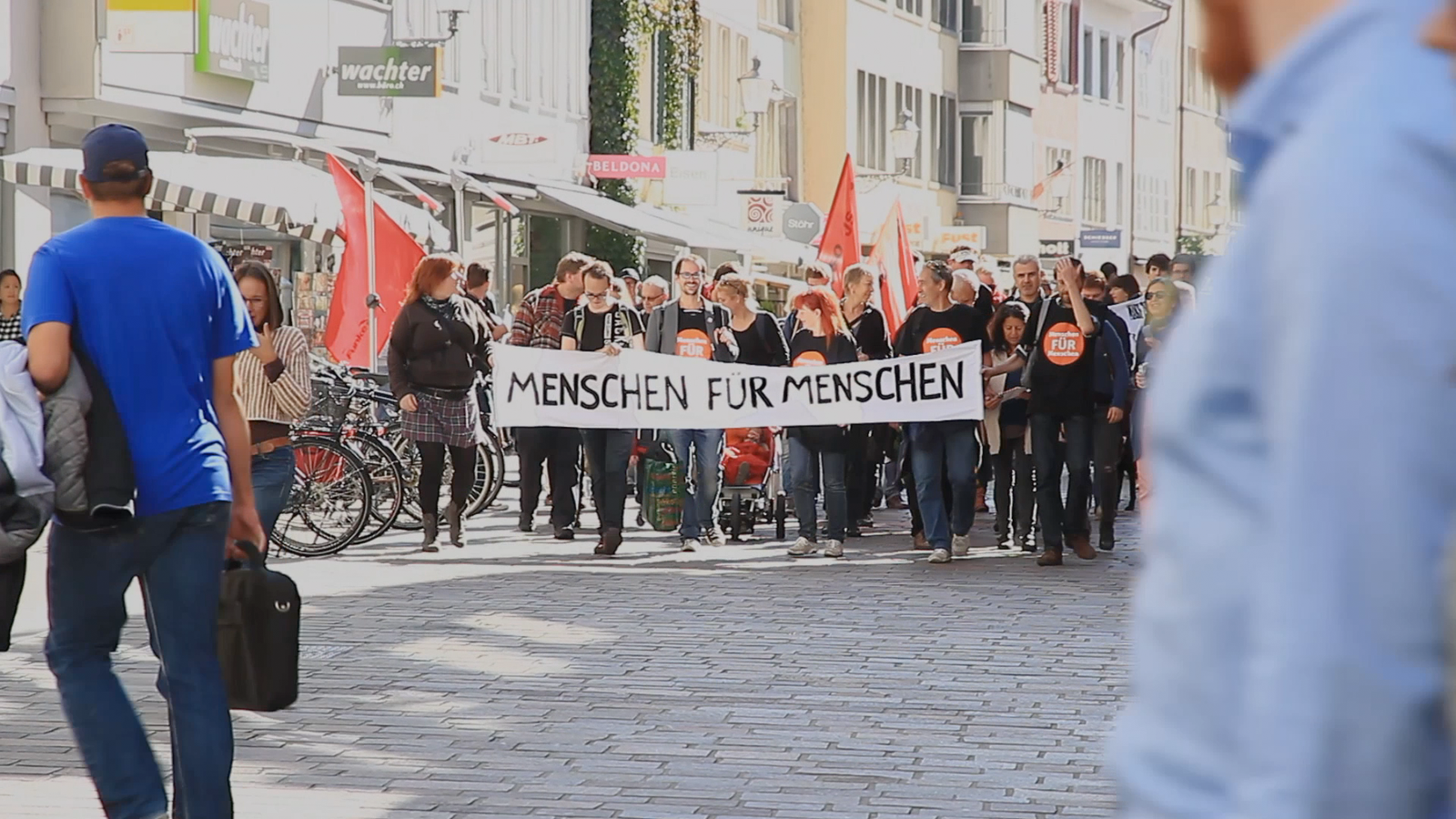
Eyad: I once zoomed in so much to film a battle from an overlooking hill, that when the tank canon entered my frame I jumped and ran away!
Dalia: But now we are not just alienated from our footage, but exiled from Syria altogether. What do we do? Keep making films about Syria from abroad? How can that work? I was really curious about this and asked a famous Syrian filmmaker living in Paris about it. He just said that it was not possible for him to make films about Syria remotely. I mean even if someone else does the shooting and we follow up closely and work online, this is not really directing, is it? I mean, it creates new filmmaking roles, remote-director and field co-director? What do you do?
Eyad: For me, that can never work. A director needs to be on scenes for at least a good proportion of the shoot. You have to be hands on the reality you are making a film about.
Layla: I just watched a second film by a friend of mine that said her third film will be a fiction because that’s the only way she can go back to Syria in her films. I know the longer we stay away, the less our films will reflect the lived reality of today inside the country.
But for me, the stories aren’t over yet; they’ve just started. And Syrians all over the world took them out with them.


